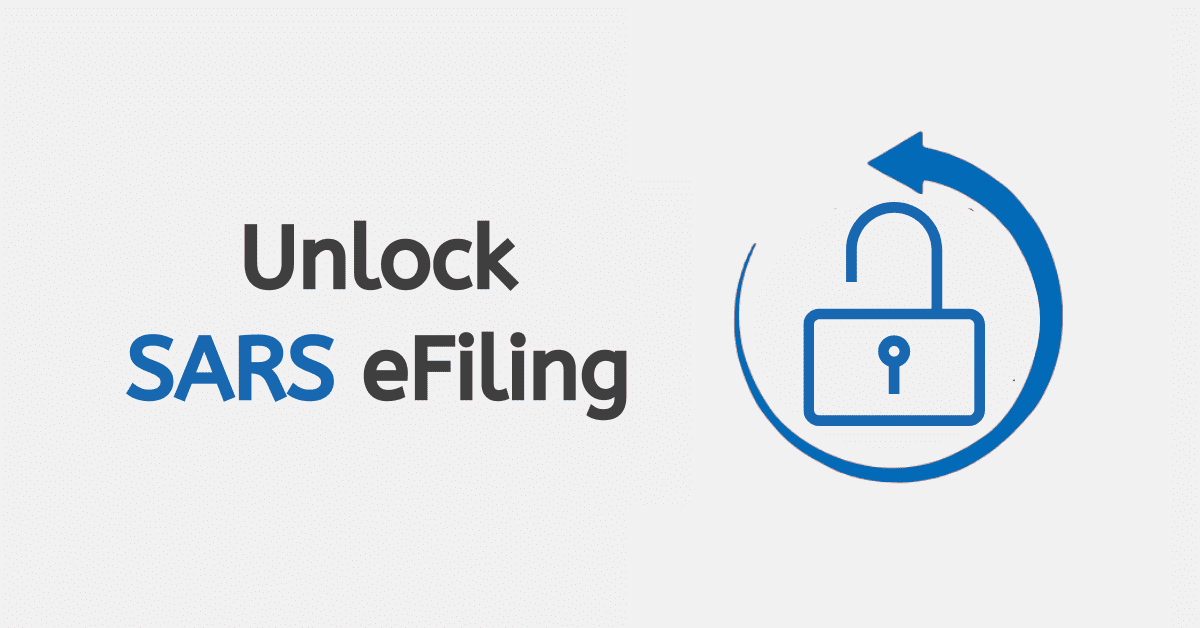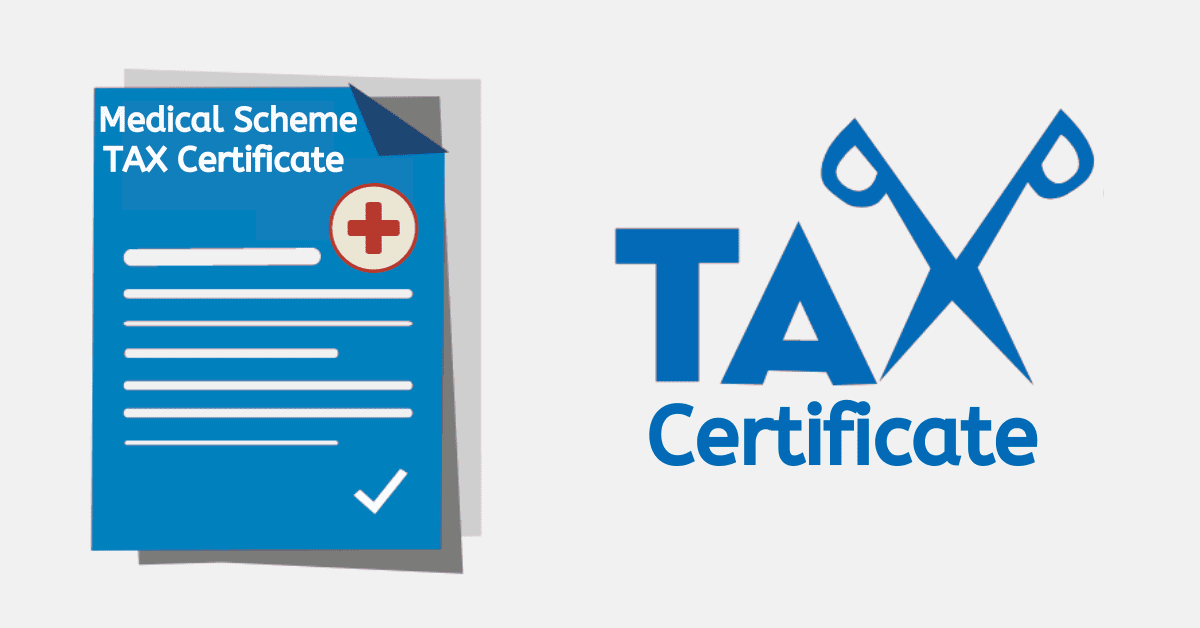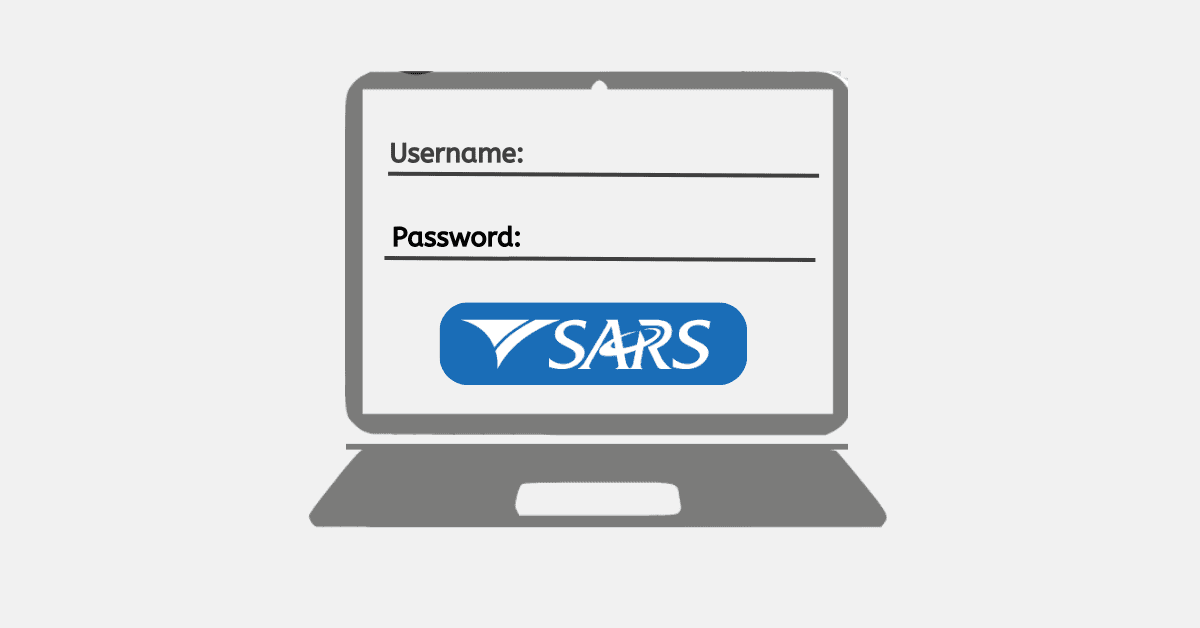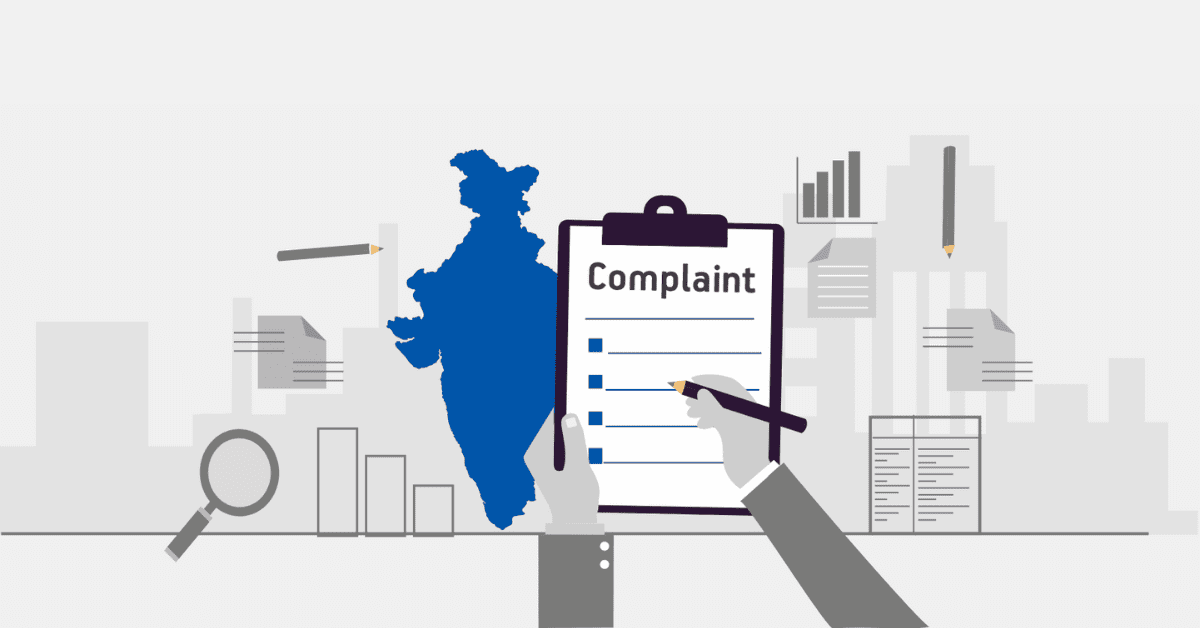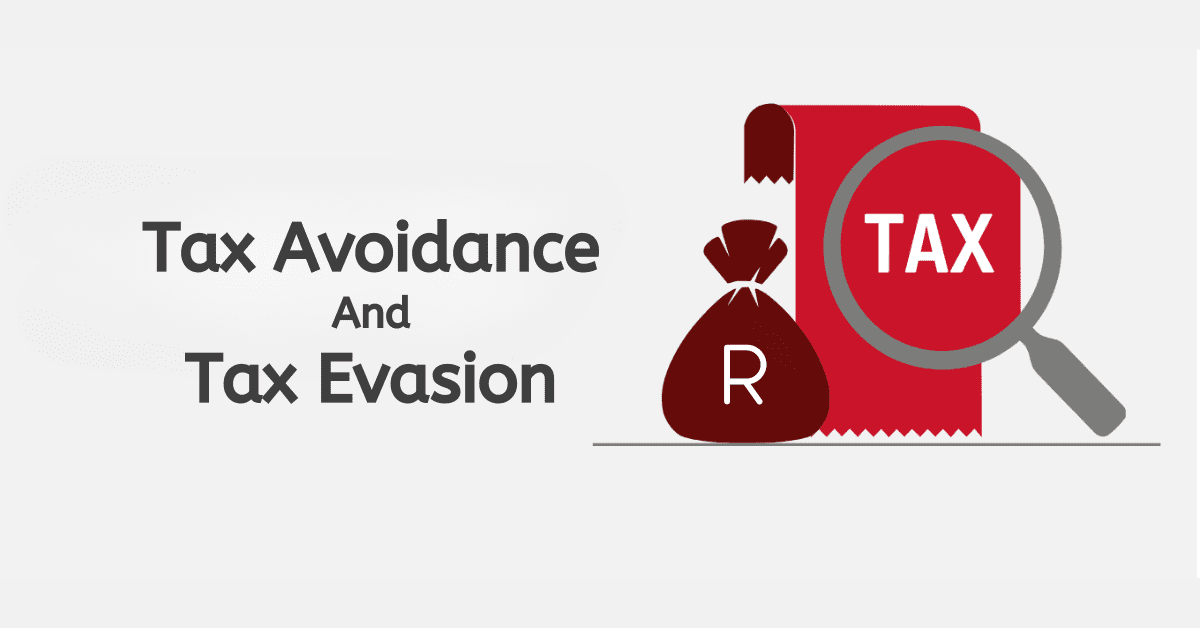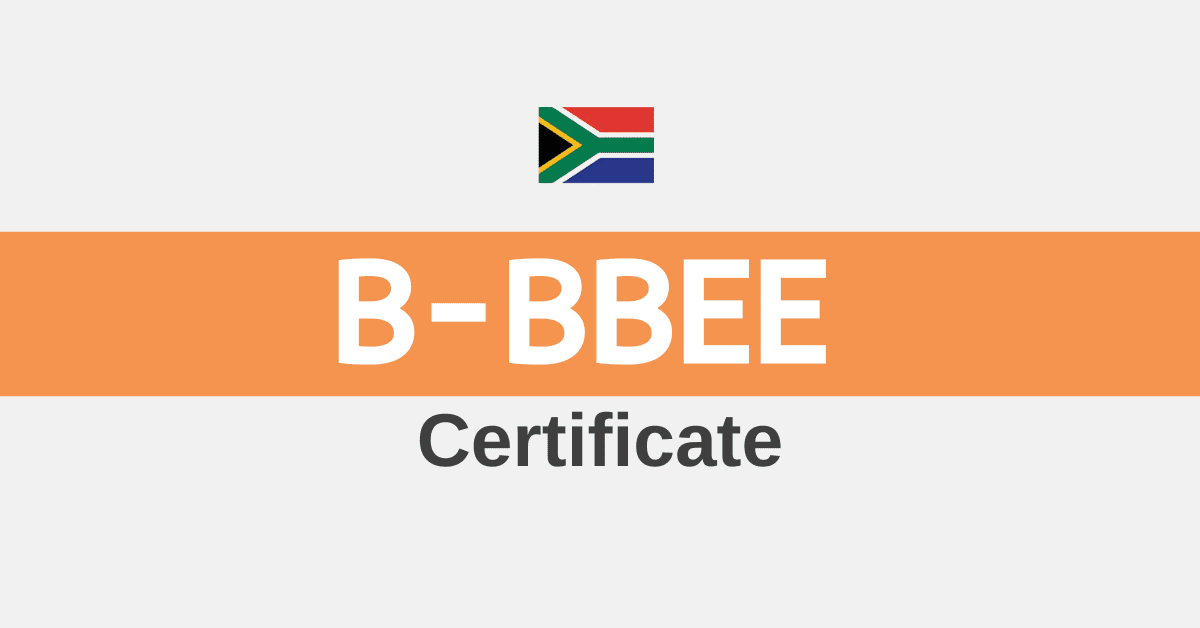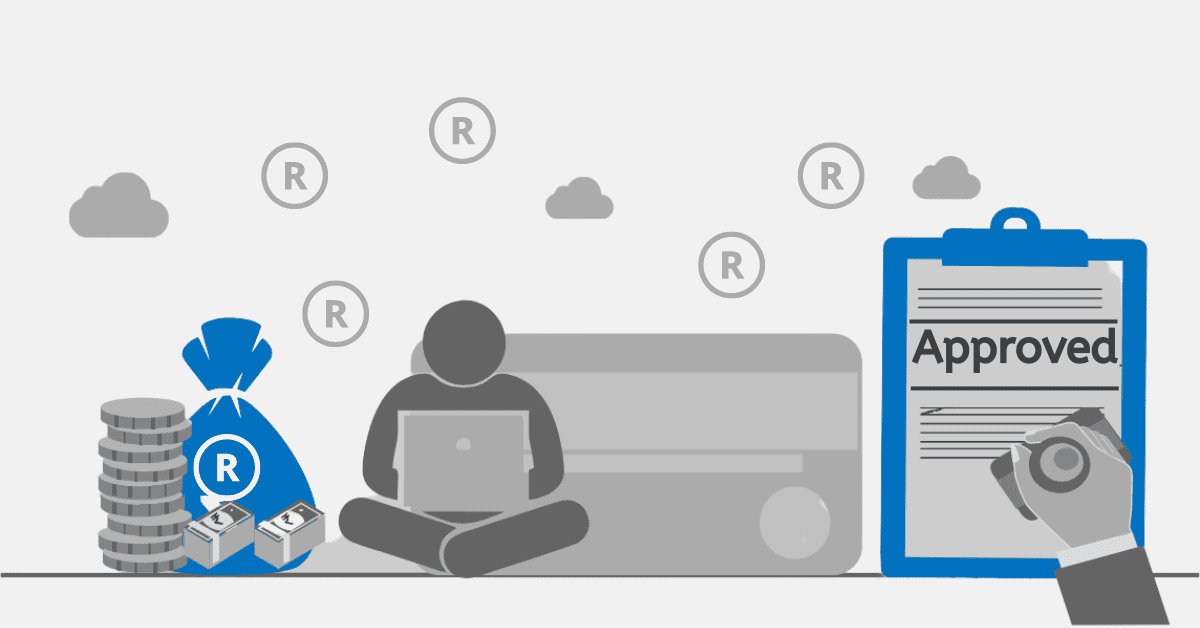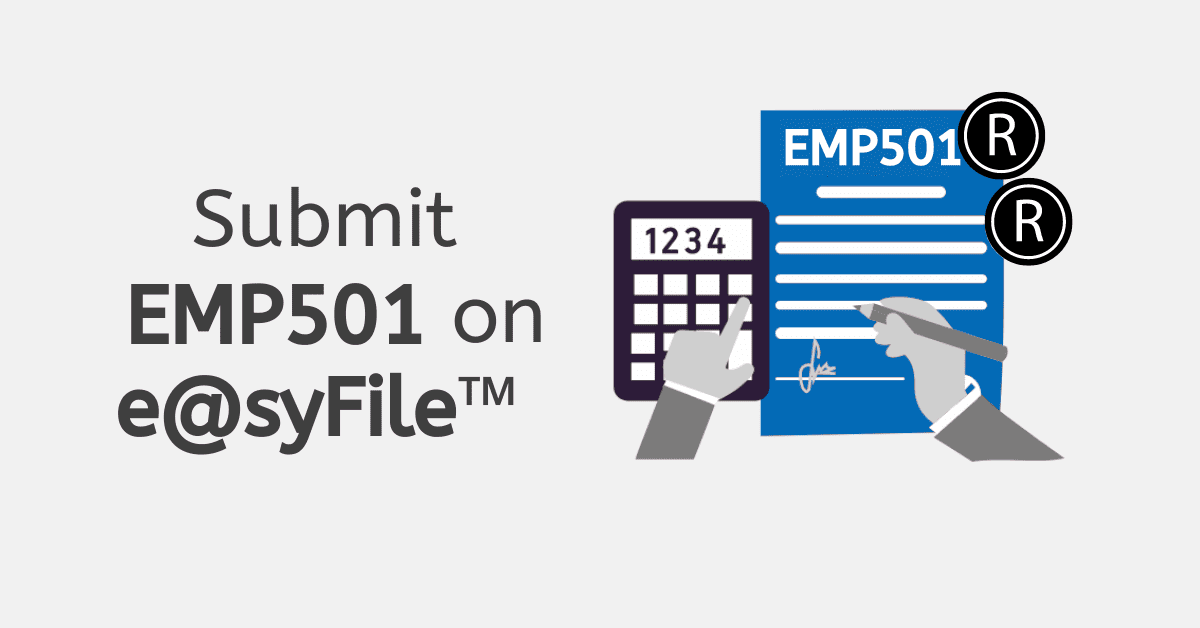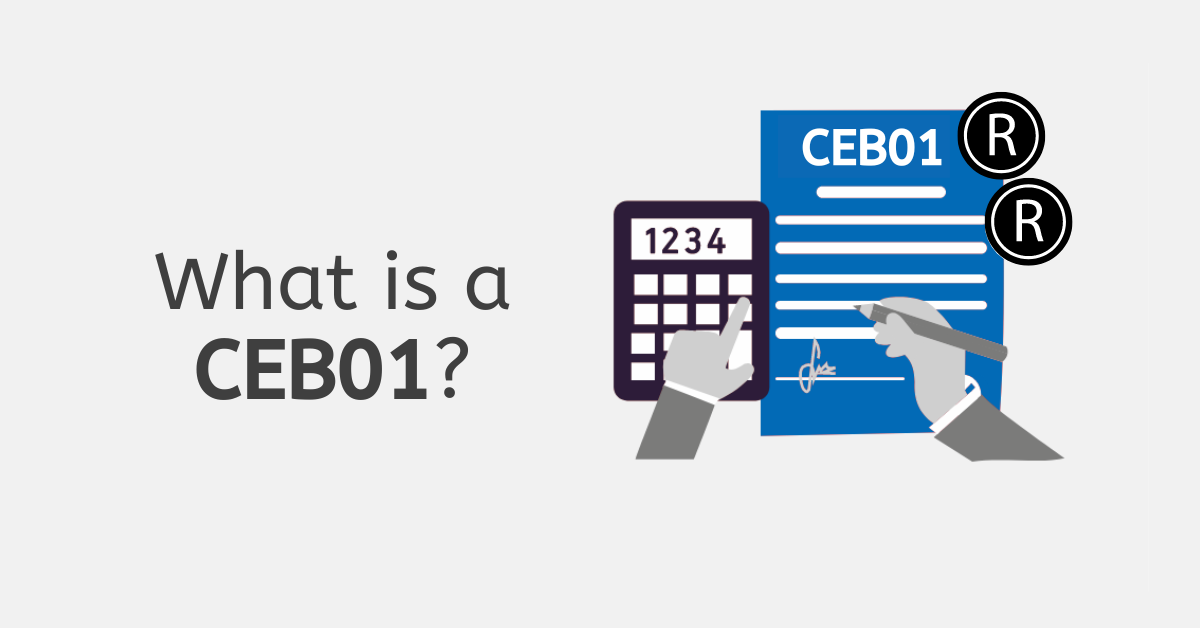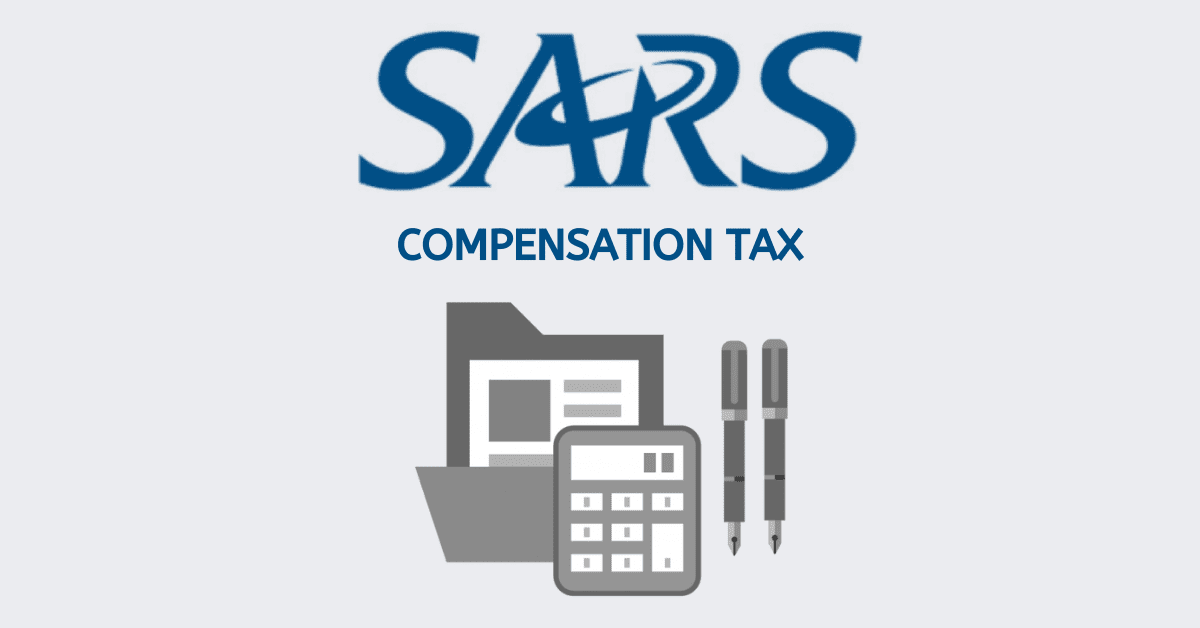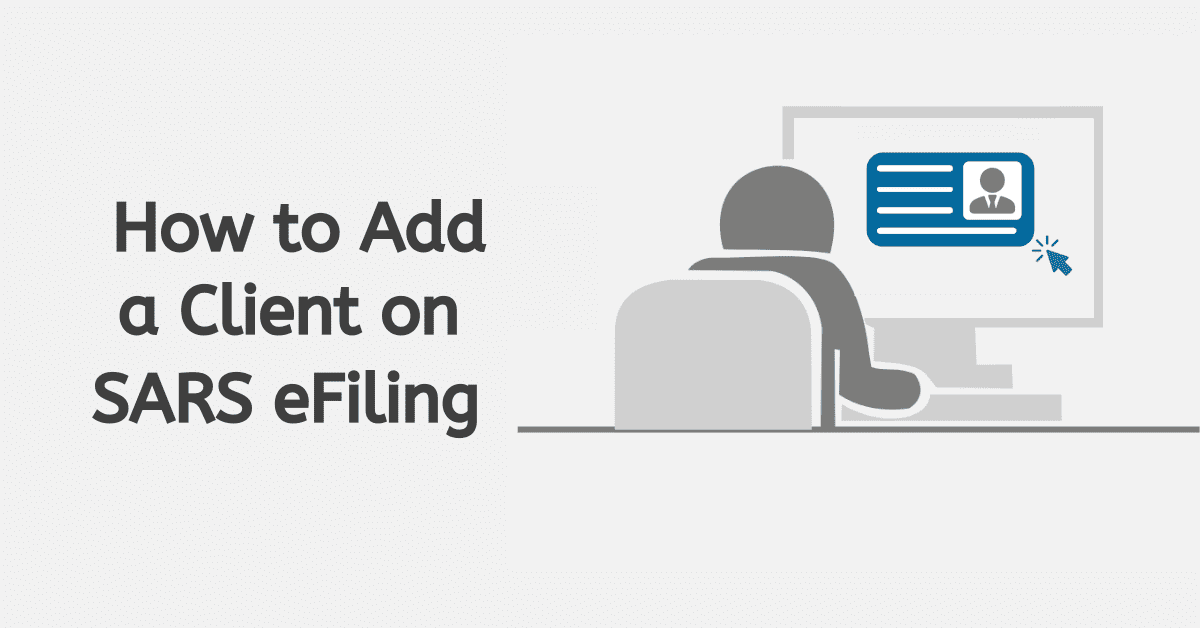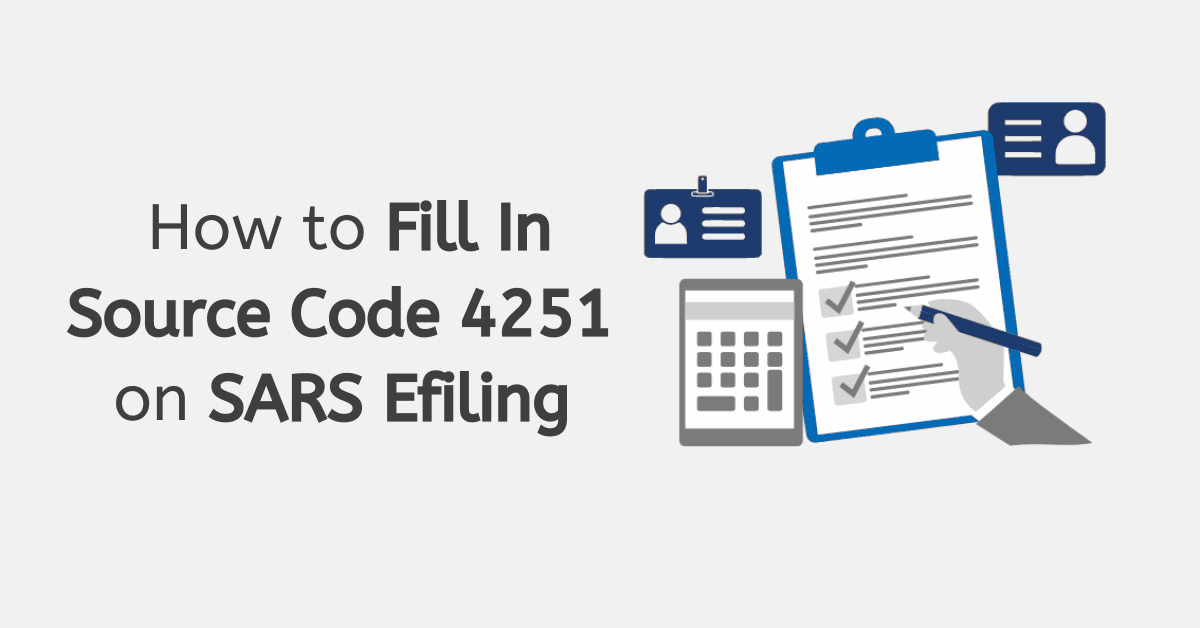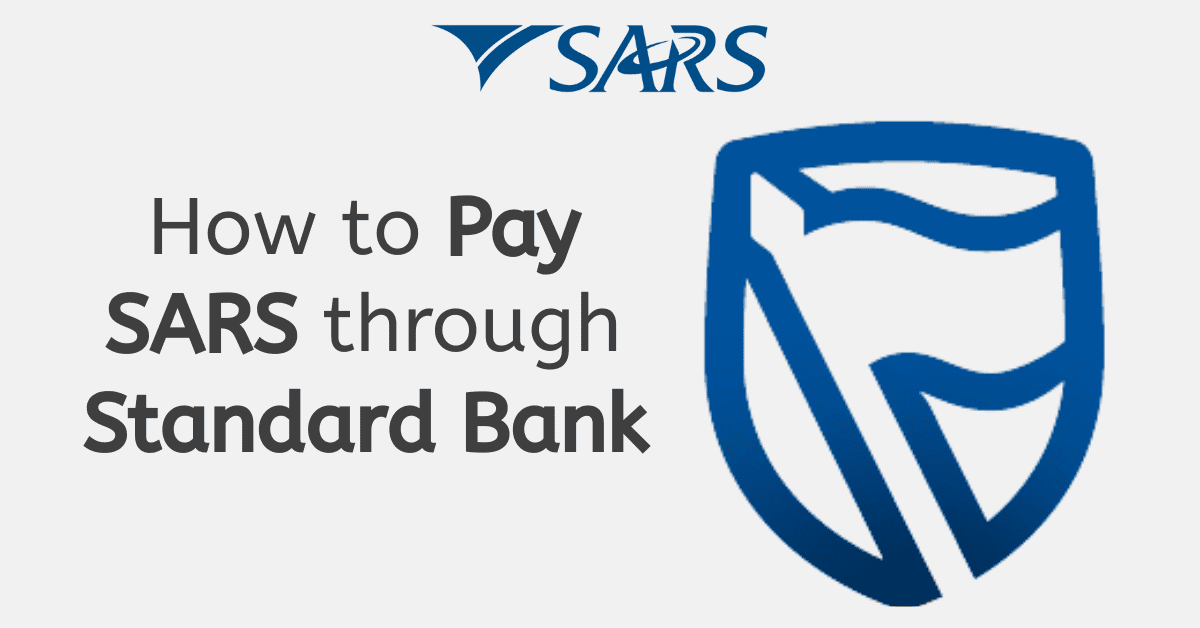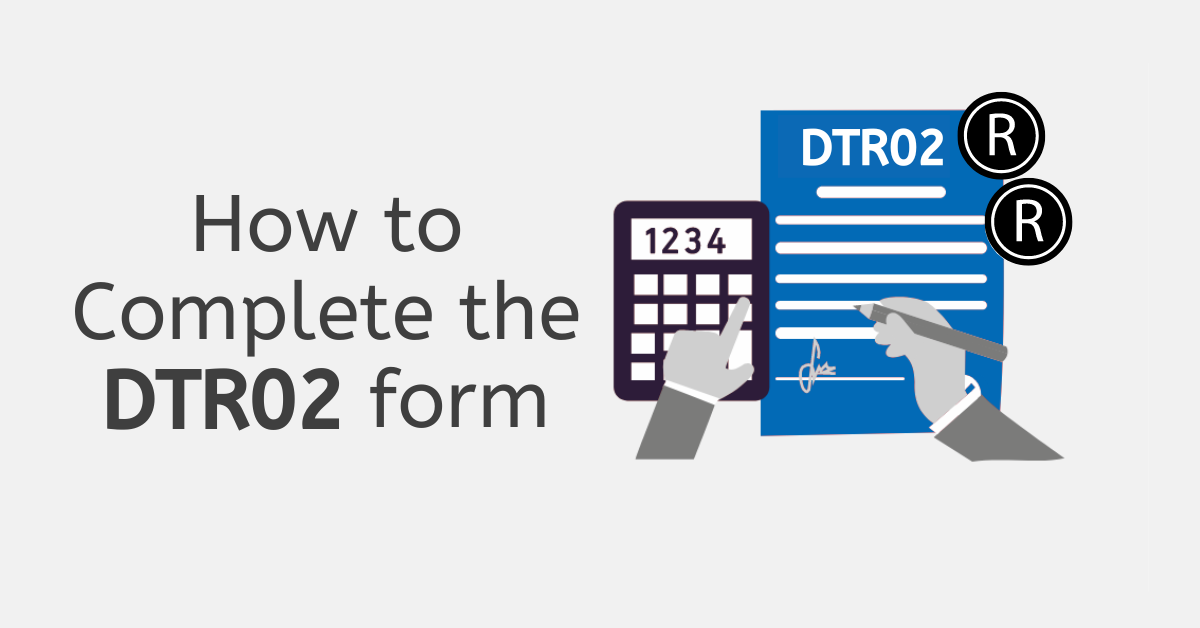Dividend tax is a critical component of South Africa’s tax system, impacting both individuals and companies. Meeting your tax obligations is crucial, but there are legitimate paths to shrink your dividend tax responsibility. In this guide, we’ll delve into the art of sidestepping dividend taxes, probe into whether dividends enjoy a tax-free ride in South Africa, fathom who’s on the hook for dividend tax to SARS, and spot those lucky individuals or entities blessed with an exemption from dividend income tax.
How to Avoid Paying Dividend Tax
Avoiding dividend tax is challenging, as individuals and companies are legally obligated to pay taxes on dividends received. However, there are strategies to minimize the impact of dividend tax:
- Opt for Tax-Friendly Investment Vehicles: In South Africa, smart investment options like TFSAs and RAFs exist. Putting your money in these accounts lets you grow wealth while keeping the taxman at bay. You’ll either pay zero tax or enjoy reduced tax rates on your earnings and dividends.
- Explore Dividend Tax Benefits: Depending on your taxpayer status, you might be in line for some sweet dividend tax credits or rebates. These credits can reduce the effective rate of dividend tax you pay. Ensure you claim all applicable credits when filing your tax return.
- Opt for Tax-Efficient Investments: Some investments are more tax-efficient than others. Seek professional financial advice to select investments that align with your financial goals and offer tax benefits.
- Monitor Tax Legislation: Tax laws can change, affecting your dividend tax liability. Stay informed about any amendments to tax legislation and adjust your financial strategy accordingly.
- Deduction Utilization: If you’re a proud shareholder in a company, you might just uncover some deductions hiding in the corner. These deductions are linked to the costs you bear to earn those sweet dividends, like the interest on loans you’ve taken to buy shares.
- Think Long Term: The longer you hold onto your investments, the less often you’ll have to deal with dividend payouts, which can trim down your tax bill.
- Maximize Exemptions: Be aware of dividend tax exemptions and ensure you meet the criteria for these exemptions. For example, individuals over a certain age may qualify for reduced tax rates.
Are Dividends Tax-Free in South Africa?
In sunny South Africa, dividends aren’t exactly having a tax holiday. There’s a whole system in place called the dividend tax regime. You might have to chip in some tax money if you’re receiving those lovely dividends. But don’t fret. There are some exceptions and even discounts for certain taxpayers.
The current South African dividend tax rate is 20%. This rate applies to dividends declared
Who Has to Pay Dividend Tax to SARS?
In South Africa, the responsibility for paying dividend tax typically falls on the company or entity declaring and paying the dividend. The company or entity must withhold the applicable dividend tax amount from the payment and remit it to SARS.
However, it’s essential to note that individual shareholders and certain categories of taxpayers may also have dividend-related tax obligations. For example:
- Individuals: If you’re an individual shareholder, you might need to mention your dividend income in your yearly tax return. You could get some tax breaks or credits depending on your tax status.
- Companies: Agencies that rake in dividends as part of their earnings also have some dividend tax responsibilities.
- Exempt Entities: There are exceptions to the rule. Certain groups, like retirement funds, public benefit organizations, and government departments, often get a free pass regarding dividend tax.
Both companies and individuals must understand their specific dividend tax obligations and comply with South African tax laws.
Who Is Exempt Under Dividend Income?
Several categories of taxpayers may be exempt from or eligible for reduced dividend tax rates in South Africa. These exemptions and reduced rates are often subject to specific criteria and qualifications. Check some examples:
- People Over a Specific Age Group: If you’re 65 or older, you might catch a break on your taxes. South Africa offers reduced tax rates for individuals in this age group. It’s a way to give back to those who’ve contributed for so long.
- Retirement Cash: Retirement funds like pension and provident funds may get a pass on dividend tax. That means the dividends they receive and accrue might escape taxation. It’s a little boost for your nest egg.
- Public Benefit Organizations: Certain PBOs recognized by SARS may be exempt from dividend tax on qualifying dividend income. However, strict criteria apply.
- Certain Government Departments: Some government departments and entities may be exempt from dividend tax.
- Foreign Entities: Depending on their tax residency and treaties with South Africa, foreign entities may have reduced dividend tax rates or exemptions.
- Certain Entities Under Specific Conditions: In some cases, specific entities may be eligible for reduced dividend tax rates based on unique circumstances. These often require formal approval or recognition by SARS.
